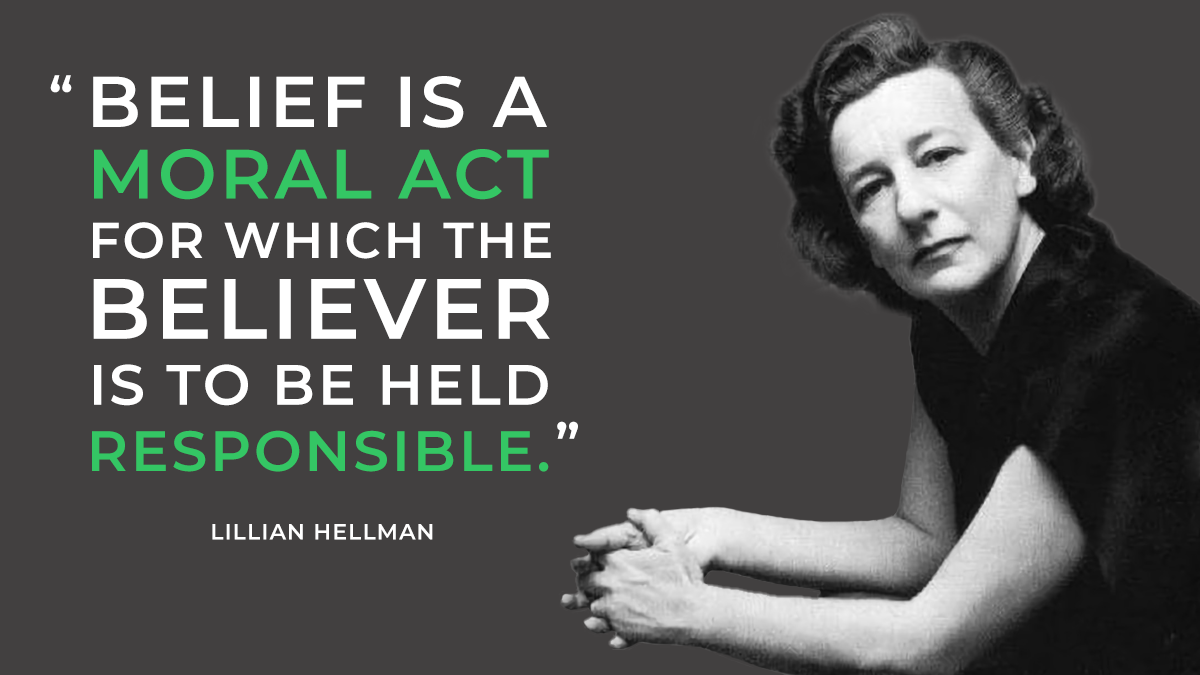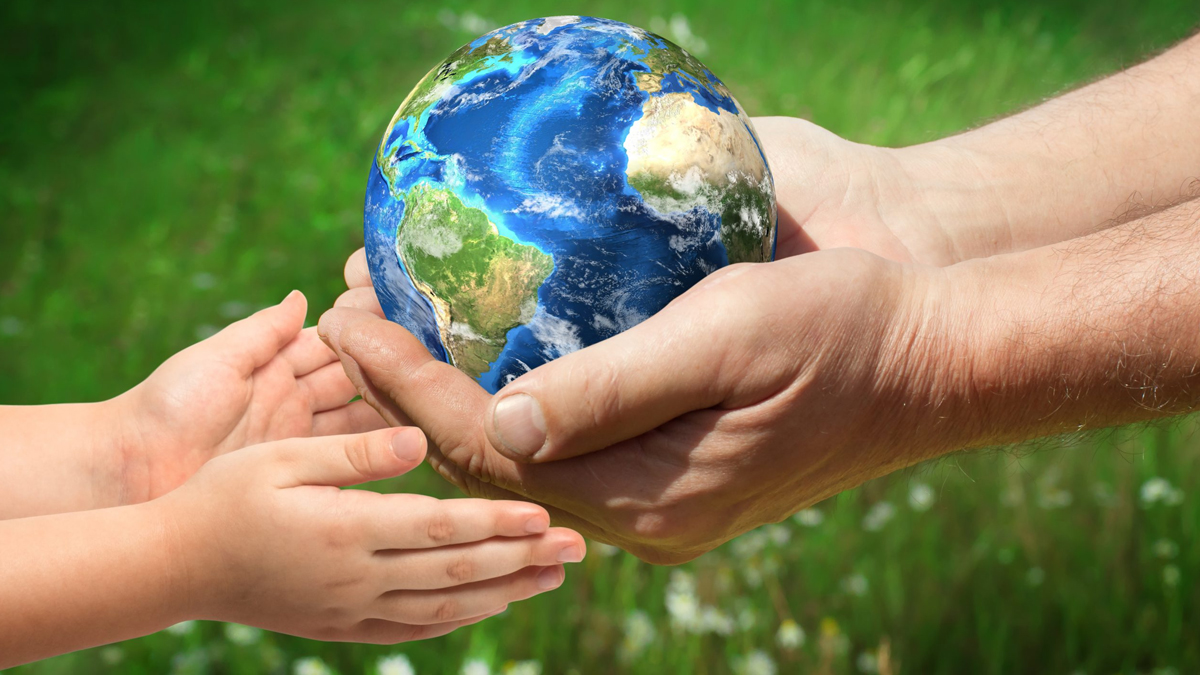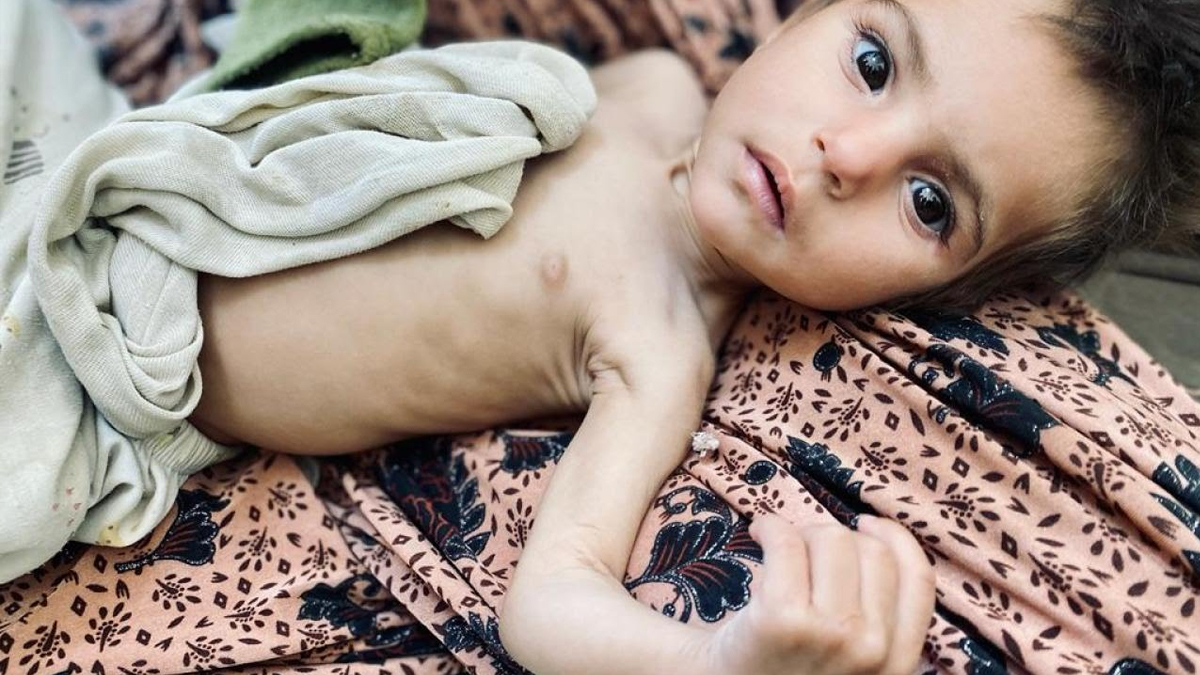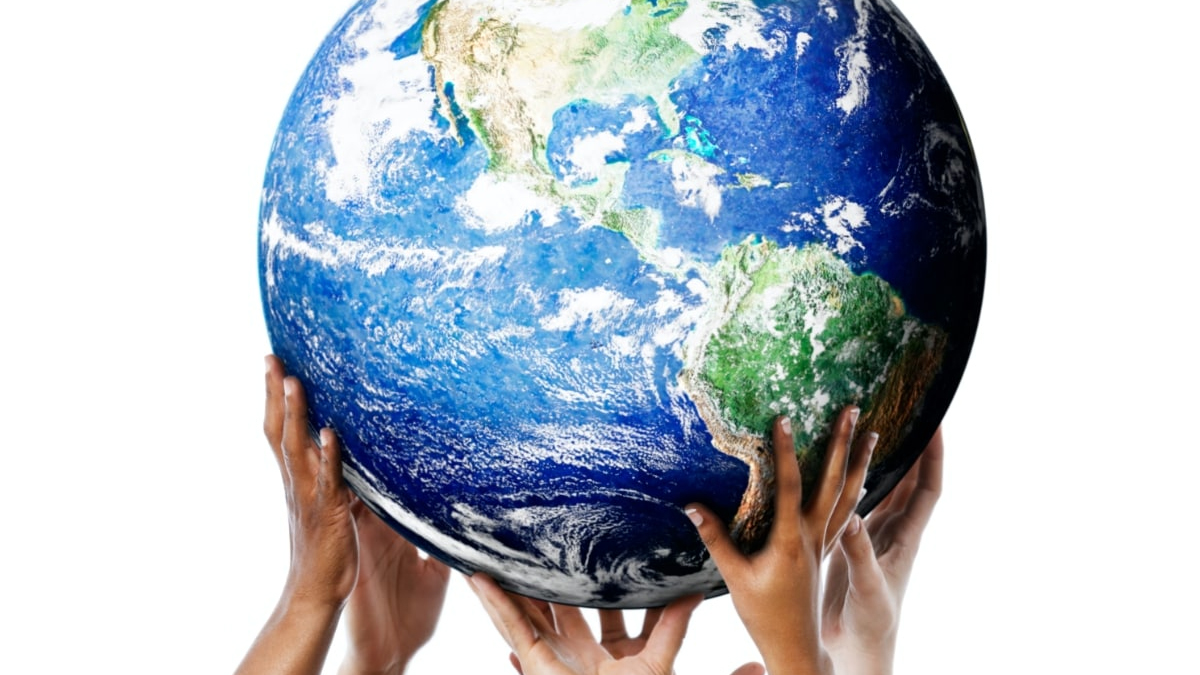
What Do We Think, and Why?
What we believe affects how we treat people, what we think is valuable in life, how we act and conduct ourselves in the world, and the choices we make. Therefore, there is a moral argument to be made that we have a duty to form beliefs responsibly. But what does that mean? A standard reply would be to say we should be self-critical and be careful about our sources, which may be a good rule of thumb. In practice, how would such a duty affect our consumption of news and use of media? Are there guidelines or principles that we should consider – such as, criteria for whose testimony is trustworthy? We might also consider the importance of being honest about when we don’t know something and adjusting action accordingly.

We have duties to presently existing persons, but what about future people, people who don’t even exist yet? Do we have moral obligations to tomorrow’s child? What is the moral standing of future persons?
Future people can’t say what their specific interests might be, so we can’t consult them and ask them to contribute to a dialogue with us about how we should balance their concerns with those of presently existing persons. If presently existing persons are in need, but addressing such persons’ needs would have significantly negative consequences for future persons, the problem is to figure out what are moral duties are in such a case.

Just about everyone would acknowledge an obligation to save a life, where the person in danger is right in front of you, and where only a small sacrifice of time or money is needed from you. Suppose the person in danger is far away, and you could still save them. Suppose that you have the power to save many lives, by making just one small sacrifice at a time. In fact there are people who live far away, and who are in danger of dying from starvation or disease. If you have the power to save some of these lives, what obligation, if any, do you have to make a small sacrifice in order to do so?

Ethics has traditionally focused on duties to persons. But do we also have duties to nature? To care for the environment? For other species? Animals can feel pain and suffer, so if minimizing pain and suffering is a moral duty, then animals would seem to be due some moral consideration. But, what about the environment? It doesn’t feel pain or suffer. Human beings and other living creatures are dependent on the environment for life. Does that mean that it is really for our sake that we should take care of the environment? Or, is there some intrinsic value to nature for its own sake, and we should respect that?

When someone has committed the worst of crimes, murder, what is the appropriate punishment for that person, and what is the principled basis for that punishment? In particular, is the death penalty warranted in such cases, and if so why? Or, does capital punishment seem to be adding the state’s inhumanity to the criminal’s inhumanity? For lesser crimes as well, there are debates about the justification for criminal punishment—retribution? reparation? rehabilitation? deterrence?—where different justifications support the appropriateness of different penalties. What is the most plausible justification for criminal punishment, and what are the most appropriate punishments for different crimes?

Laws against the use of various drugs are typically justified in two ways: preventing harm to the person who would use drugs, and preventing harm to the broader society (because a society is harmed if a lot of the people in it are harmed). Arguments for decriminalizing, or even legalizing, the use of various drugs involve claims that people are free to make their own decisions and live their own lives, even if they harm themselves; and claims that in practice laws prohibiting drug use tend to increase harm to individuals (for instance, by incarcerating non-violent offenders) and to societies (for instance, by turning the sale of drugs into a lucrative and violent criminal enterprise). What, on balance, is the best policy—in terms of well-being and in terms of rights—about the legal status of a range of different drugs?

In a clinical setting, healthcare workers confront life and death issues on a daily basis. What are the key ethical principles that guide one in practicing medicine ethically and in being an ethical healthcare professional?
How are ethical issues in the clinical setting with individual patients different from the ethical issues in public health, where the concerns are at the population level?
